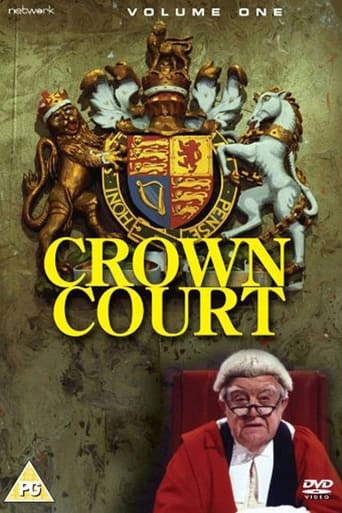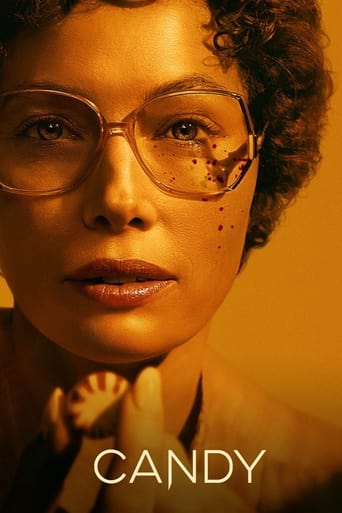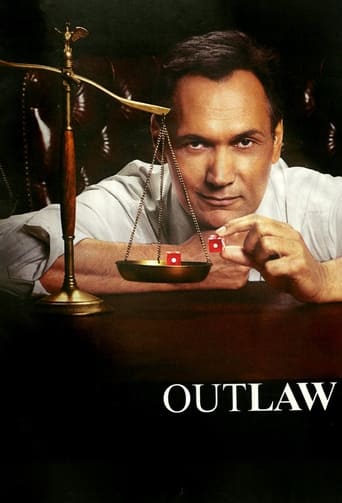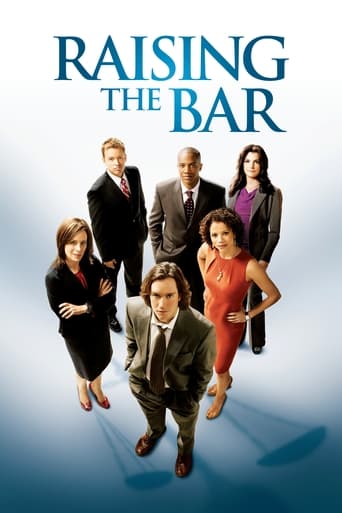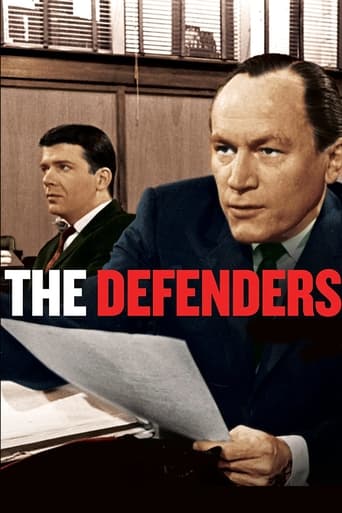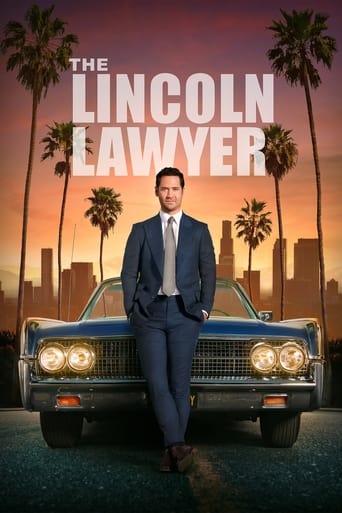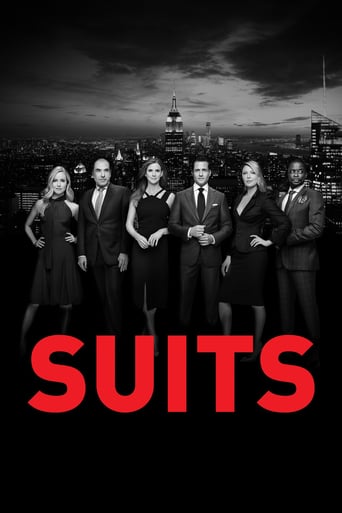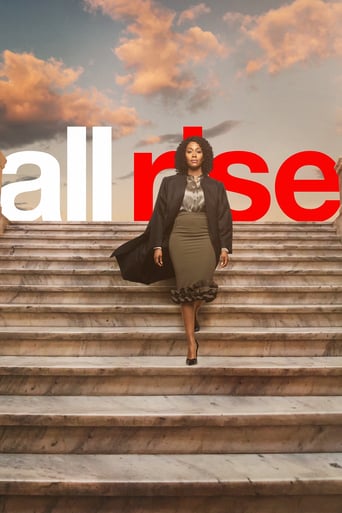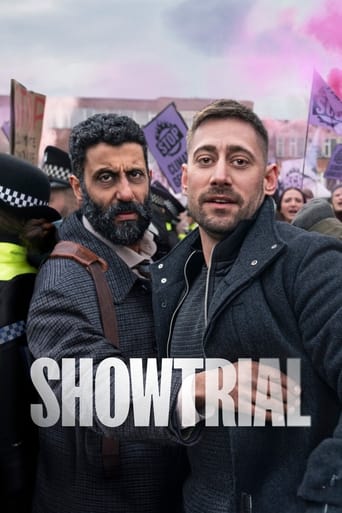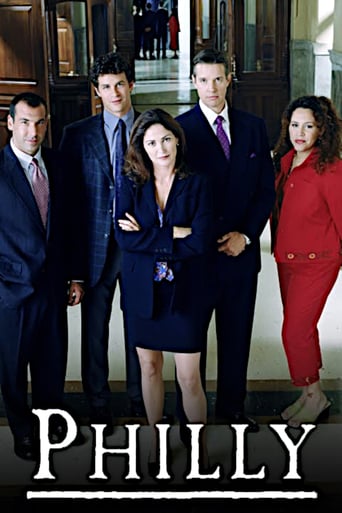Crown Court Season 3
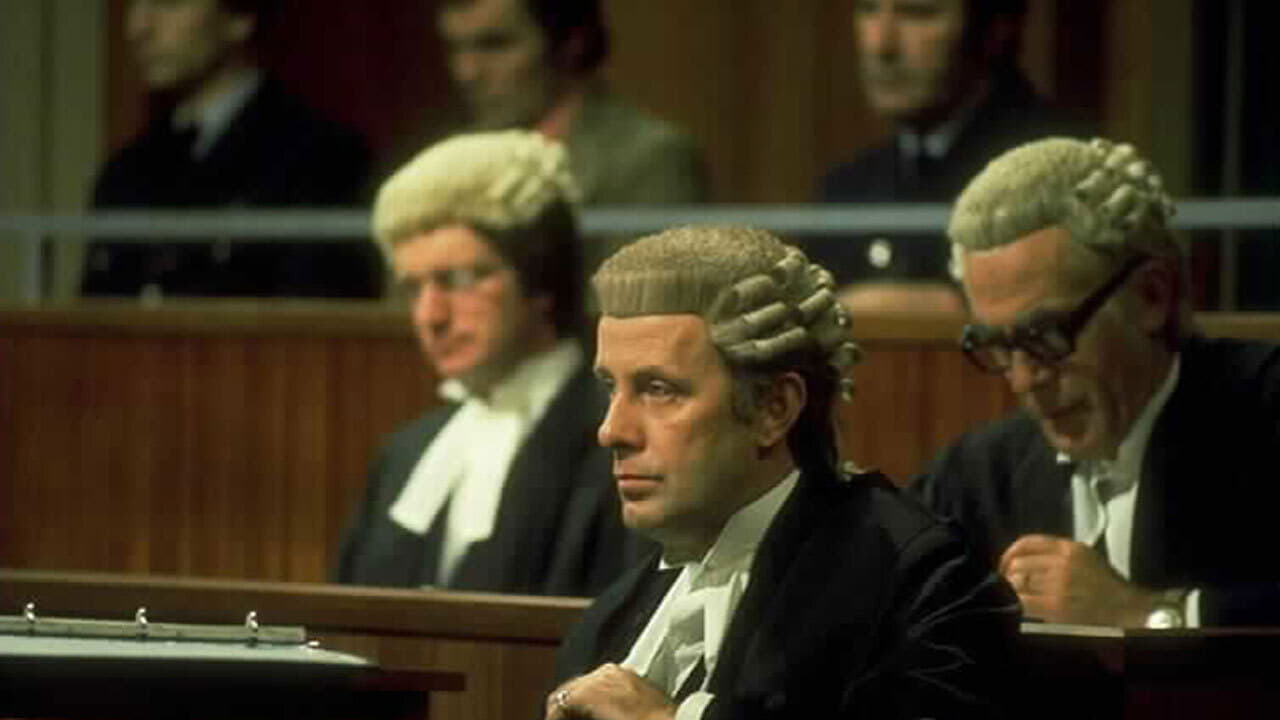
Crown Court is an afternoon television courtroom drama produced by Granada Television for the ITV network that ran from 1972, when the Crown Court system replaced Assize courts and Quarter sessions in the legal system of England and Wales, to 1984.
Watch NowWith 30 Day Free Trial!
Crown Court
1972
Courtroom drama, each case takes three episodes. At the end of the third episode, a jury of "ordinary people" comes to a verdict on the evidence presented.
Watch Trailer
With 30 Day Free Trial!
Crown Court Season 3 Full Episode Guide
Wealthy local personality Malcolm Winfield was mugged walking through a park late at night with Ronald Hamilton whom he had met at a club earlier in the evening. Hamilton was unharmed in the attack. The victim's wallet was found later on at the home of Derek Clark and Sharon Cox, tucked inside a record player. Winfield says that Clark and Cox attacked him that evening. Hamilton is also accused of the same crime - the prosecution argue he was a male prostitute who willingly took part in a plan to entice Winfield to the park where his former house-mates could rob him. All the defendants deny the charges. Clark and Cox say this is a case of mistaken identity - they simply found the wallet in the park and were going to hand it in to police the next day; Hamilton says he was forced to assist the others who would have made public his sexuality had he not done so.
Rock musician Lance Porter is suing his father Reverend Fortescue Porter in a civil case. He composed a rock opera called "Jesus, Baby!" about the nativity. He promised his father the copyright to the show on the understanding that if he fell on hard times he would receive part of the proceeds. However his father then spent all the considerable revenue on charitable causes even though he strongly disapproved of the content and style of the show. Reverend Fortescue says he did nothing wrong. At the time neither he nor his son expected the production to make money. In his view Lance has not fallen on hard times and has no need for any share.
The court erupts when James Mallard and his mother are caught using sign language to bypass the rule of law. Mallard's father, John Ryan claims his son's girlfriend won't becoming to alibi him, for the stolen car, because she is married.
Det. Sgt. Charles Atrass continues under cross examination. The defence claims there was no evidence to hold James Mallard but within 3 hours he given a confession. Mallard admits he is known to Atrass and saw him waiting outside cinema.
James Mallard signed a confession admitting that he had stolen a car belonging to his doctor with whom he and his family have long been unhappy. He had hinted to the doctor just before the incident that he would do him some harm. Mallard has now retracted his confession and asserts his innocence. He argues that he was forced into a confession by Sergeant Attrass who has long victimised him because of his criminal past. The prosecution argue that the initial confession was absolutely correct. They have eye-witness testimony linking Mallard to the crime and insist the Sergeant has treated Mallard quite fairly.
Joseph Berenson says climber Stephen McPhail had been dead for days despite a lack of evidence. John Lloyd accuses Bowman, Berenson and Westlake of conspiring to apportion blame on Wainwright for Bowman's failures that led to two deaths.
Dr. Abel tells the court about the benefits of oxygen at altitude but refuses to be drawn on Dennis Wainright's case. Capt. Bowman reiterates his accusation of cowardice. He claims that Wainwright lied about Nielsen dying in a fall.
Two mountaineers died in an unsuccessful attempt to scale the Choga Sar in the Himalayas. That ill-fated expedition is now the subject of a libel trial. Captain Piers Bowman who led the climb alleged in a TV documentary that the men died as a result of the cowardly and negligent behaviour of fellow climber Dennis Wainwright. Wainwright argues the allegations were false: he behaved completely properly in dreadful conditions and the men's deaths could not have been prevented. He suggests Bowman has made the claims because he is unable to cope with failure and is looking for a scapegoat.
Margaret Povey stuns the court when she admits that Leonard Saxton, the main benefactor of Charles Oldbury's Will was her lover. She adds that the water in Mr. Saxton's bath was hot yet Dr. Fulmer found no condensation on the windows.
The Judge tells the jury to disregard the implication made by the defence that Dr. Fulmer is to blame. Insp. McGovern discovered the account books hidden in cupboard. Maria Novati adds that Mr.Oldbury, told her, he didn't like the Povey's
Charles Oldbury died in the bathroom of the old people's home where he lived. Dr. Fulmer who attended the scene thought he had suffered a heart attack and then drowned in the bath; she tried to resuscitate him without success. However the owners of the home - Margaret and Kenneth Povey - are now on trial accused of his murder and of defrauding his estate of £30 000 with the aid of convicted solicitor's clerk Leonard Saxton. The prosecution claim that they fabricated a change to his will for their benefit and then killed him in the bath, trying to make his death appear to be one of drowning. Both defendants deny all charges. They insist the change to the will was genuine and Mr. Oldbury's death was a tragic accident.
Irene Rutland, attempts to get the two assault charges dropped, by saying she was unaware she was arrested when she hit out. Her employer, Bryan Hodge admits that following the death of her husband she started drinking after work.
Linda Brightson accuses the defendant of taking her handbag at the Carpenter's Arms. Mrs. Rutland denies the charge, claiming she was looking for a lost her purse. At the restaurant she panicked when owner Spiros Platonos locked the door.
Irene Rutland faces charges of theft, criminal damage and wounding a police officer. The officer was called to a restaurant after Mrs. Rutland was involved in an argument over what she considered an excessive bill. The prosecution argue that she was in a drunken rage and struck the officer while resisting arrest. She was also found in possession of a handbag belonging to another woman - Linda Brightson - and she is also charged with theft of this item and damage to the restaurant. The Defence accept there was a disagreement but argue Mrs. Rutland did not steal the handbag and that the officer was injured by accident.
Philip McDowell's son Robert tells the court the drive to Scotland was Fiona Sumner's idea. She wanted to visit her father who she thought was dead and his father agreed to take her. Daughter Alison adds that she turned down the trip.
Fiona Sumner, the 14-year-old girl the defendant allegedly abducted tells the court that McDowell wanted break the record for the journey from Fulchester to John O' Groats. She wanted to go with him but later changed her mind.
Phil McDowell has been deserted by his wife and daughter, has been sacked from his job as a bank clerk and is now on trial for abducting Fiona Sumner, a fourteen year old girl. He denies the offense and insists she agreed to go with him.
Mrs. Simon gives a scathing attack on Edward Cummings. She says she was aware he was prone to epileptic fits. So after the crash she had him removed from board. She blamed him for the break up her marriage, calling him a liar and killer.
Alfred Donahue from the investigation team says that there was a carbon monoxide leak in the cabin which would brought on a drunken state to the pilot. However there was no carbon monoxide found in tissue of the two passengers who died
After surviving the crash of a light aircraft in which two passengers were killed, the pilot of the aircraft is suing a relative of one of the victims for libel. The relative claimed in a newspaper article that the pilot was medically unfit to fly the aircraft and may also have been attempting to commit suicide by deliberately crashing the plane. He denies the allegation.
Prosecuter Sara Lewis highlights the discipline issues the three Fulchester United players had with their manager. Appledene is accused talking to another club. Chairman Brian Martindale gives his reasons for sacking Aleksander Gruda.
Barney Skelhorn's ex-wife Margaret tells how she overheard the three players discussing how they would have to be careful against under performing United. They decided to give away penalties. Margaret later passed this on to manager Gruda.
Following relegation Fulchester Rovers manager Aleksander Gruda is sacked. However he claims players Skelhorne, McIver and Appledene deliberately played badly in order to achieve this end. All three now stand trial for conspiracy.
Mohammed Aslam is forced to explain a two year jail sentence he served in Pakistan. Marcus Golding asks why he waited three years to do anything about the debt owed by Agha Ali. He admits that any money owed to Mr. Wheeler was for damages.
Fisherman Thomas Wheeler tells, the court, how Mohammed Aslam asked him to bring in eight illegal immigrants. The price was £150 but Mr. Aslam never paid. So on the boat, Agha Ali negotiated, a deal, for the journey for £40.
Pakistani housing landlord Muhammed Aslam is accused of demanding money with menaces from a number of illegal immigrants from Pakistan, who have found their way to Fulchester across Europe by train and boat. Mr Aslam insists that he was merely demanding his fees for arranging the immigrant's journey and for housing rent.
Major James Fowkes says charitable money could be given to his disabled daughter. His wife says he told her got the money, for daughter Eloise, from a generous friend. Iorgis Gayanotakis admits he lent money he knew he would not get back.
Sir Richard Cresswell gives evidence unaware his wife, Lady Virginia has let slip that it was she who advised the defendant to invest £5,000, in Metalia, on behalf of his disabled daughter. Sir Richard claims the issue was never discussed.
The bursar of a charitable school for epileptics is accused of misusing its funds by making a risky investment, and using some of the money for his own disabled daughter.
Jeremy Parsons QC queries Peter Elgar over the 5 gallon drum ,of petrol, found in the back of his shop. Mr. Justice Mitchener also wants to make clear that if blankets and the petrol were closer the fire would simply have smoldered.
Peter Elgar's former business partner Gerald Stroud is called as a surprise witness. Elgar told him his landlord was going to increase the lease substantially. He then told Stroud the shop could go up in flames as far as he was concerned.
A Fulchester man has pleaded guilty to obtaining money by deception but now faces a more serious charge of arson, which he denies. The latter charge follows a fire at a Fulchester antique shop.
Bill Broad tells the court that Oakmoor was a minor betting scam, to get even with the bookie but too many people came to help. He denies that he didn't stop people from betting nor know why twenty people turned up to help him out.
Dog track cashier Doreen Tring explains how the accused, Bill Broad was blocking the window so nobody else could place a bet. Punter Mr. Smith tells confirms he was unable to place a bet anywhere because men had blocked the way.
After suspecting that irregular betting patterns had taken place at a greyhound stadium, bookmaker Ronald Charles refused to pay out on a winning betting slip worth over £200,000. A group of men have subsequently been accused of having conspired to cheat the on-track Tote betting system, and Mr Charles, out of thousands of pounds. Barry Deeley leads the prosecution in what is a confusing case for those not familiar with betting procedures.
Free Trial Channels
Seasons


